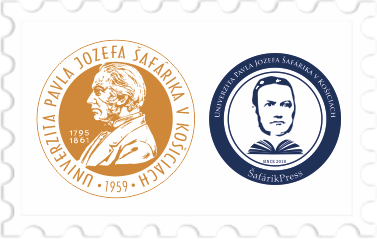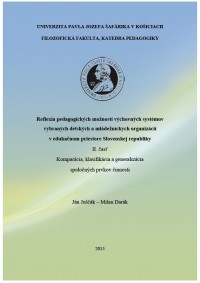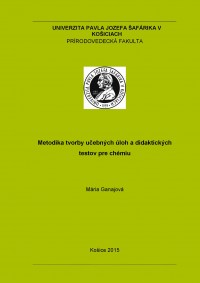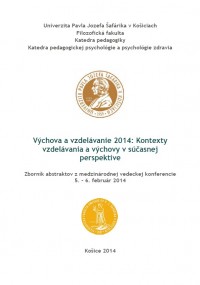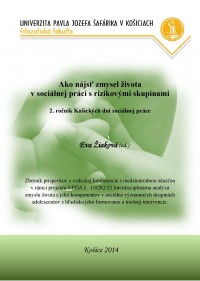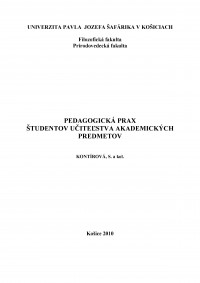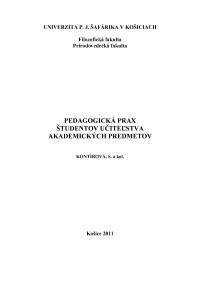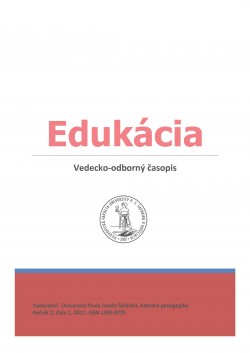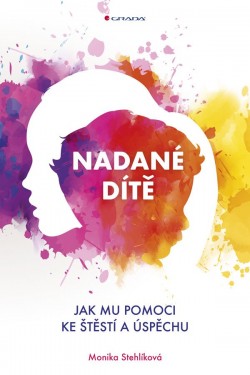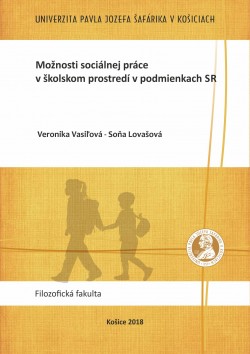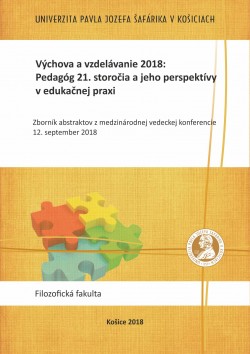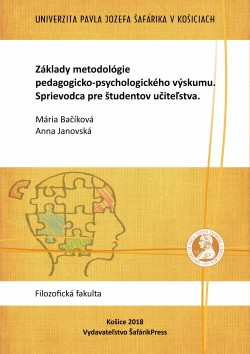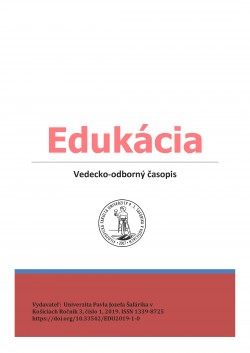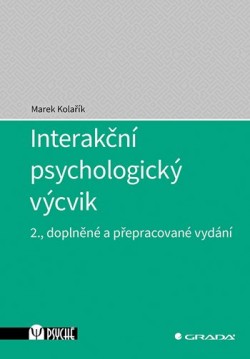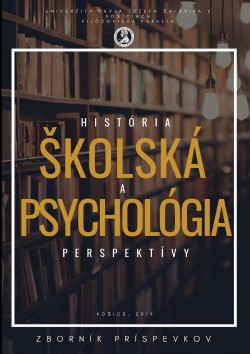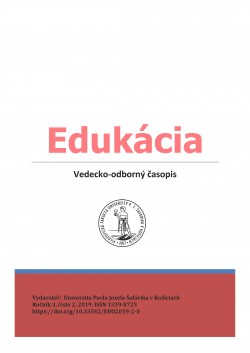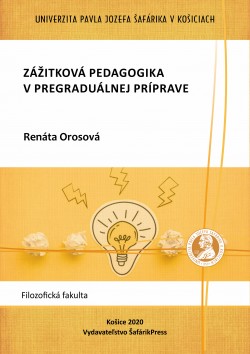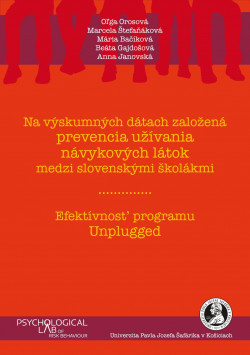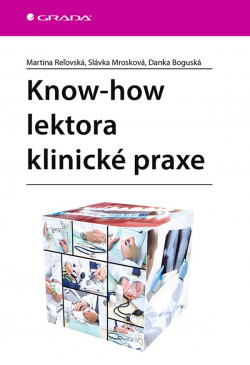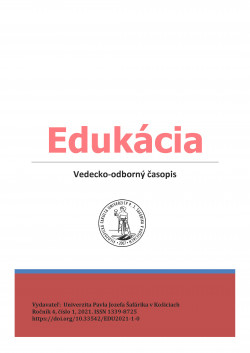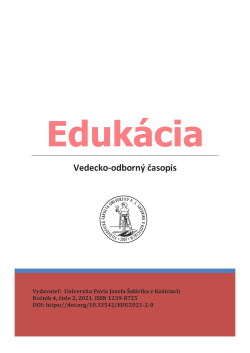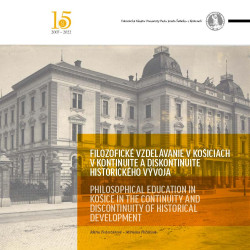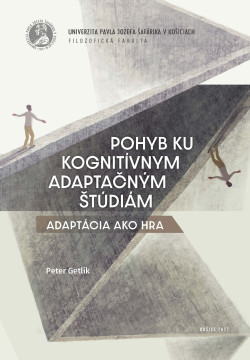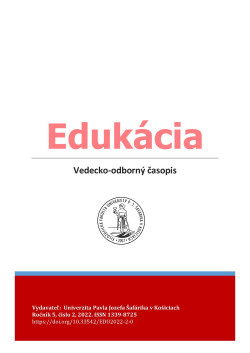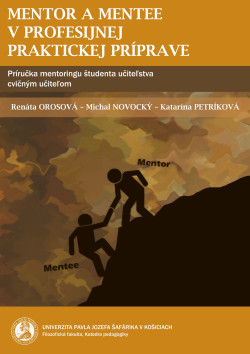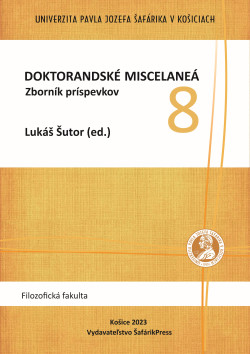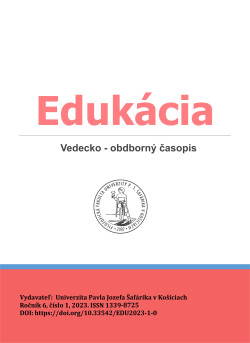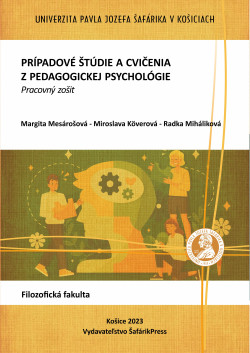No products
Product successfully added to your shopping cart
There are 0 items in your cart. There is 1 item in your cart.
Self-reflection teaching diary
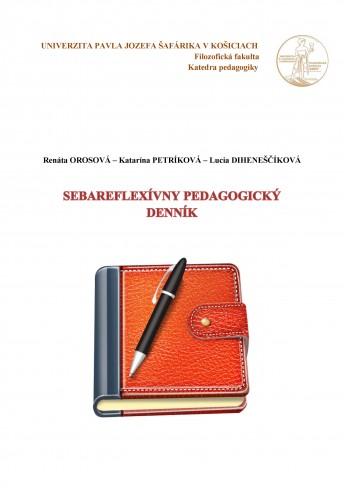
Online only
978-80-8152-591-9
E - book for free download
Kľúčové slová:
Data sheet
| Authors: | Renáta Orosová • Katarína Petríková • Lucia Diheneščíková |
| Year of publication: | 2018 |
| Available from: | február 2018 |
| Edition: | 1st edition |
| Document type: | Handbook, commentary |
| Publication language: | slovenčina, angličtina |
| Number of pages: | 60 |
| Faculty: | Faculty of Arts |
| Department: | Department of Education |
| Note: | Výstup grantového projektu VVGS-2016-323 „Inovácie metód rozvoja sebareflexívnych kompetencií študentov učiteľstva v praktickej profesijnej príprave“. |
More info
Teaching belongs among the oldest professions in human history. Despite all efforts to innovate education by substituting the teacher using the products of the rapidly developing information and communication technologies in modern teaching concepts, the teacher continues to play a decisive role in the education process. If it is to be controlled, it cannot work without a teacher.
To be a teacher means to accept the responsibility for the education of the next generation: to prepare young people for their life and future profession. To be a good teacher means to possess certain characteristics related to professionalism, thinking, expectations and leadership. It means to master different teaching and learning strategies as well as motivation methods, endure the stress and pressure of the school environment, use basic social and communication skills actively and efficiently, follow the progress of their pupils to help them improve, and also to be capable of optimally resolving emerging educational situations and issues (Rovňanová, 2015).
It suggests that the teacher must be a “master” in their profession, i. e. they must never stop learning, improving themselves, creatively working with the educational content and innovating the process of education.
Innovations can come along as early as during the initial stages of one’s teaching career. Practical professional training for future teachers largely focuses on the development of subject-related and didactic skills, however, self-reflection is paid little attention. Self-reflective techniques and methods may be incorporated in the practical professional training for students in model situations in the faculty environment as well as in the actual school environments during their teaching practice.
Based on the analysis of self-reflection competences in future teachers, opinions of the mentor teachers and their recommendations and the set of pupil-oriented and educational process-oriented competences, a protocol for using self-reflection methods has been created. More precisely, it is a self-reflection teaching diary. It is an innovative method of self-reflection competence development in teaching students in their practical specialized preparation, particularly the self-reflective observation practice and conversation.
The Self-Reflection Teaching Diary is the outcome of the VVGS “Innovation in self-reflection competence development teaching methods in the practical specialized training of future teachers” grant project solving. It is an innovative and creative text-based tool not only for teaching students but also for university teachers specializing in their practical preparation as well as mentor teachers in primary and secondary schools. Its English version can be used by teaching students on their study stays abroad. It is also a transparent and unified tool in the practical preparation of future teachers aiming at the development of their self-reflection competences.
